news & updates
Summit Highlights and Insights: Driving Innovation and Collaboration Toward a Resilient, Sustainable Future

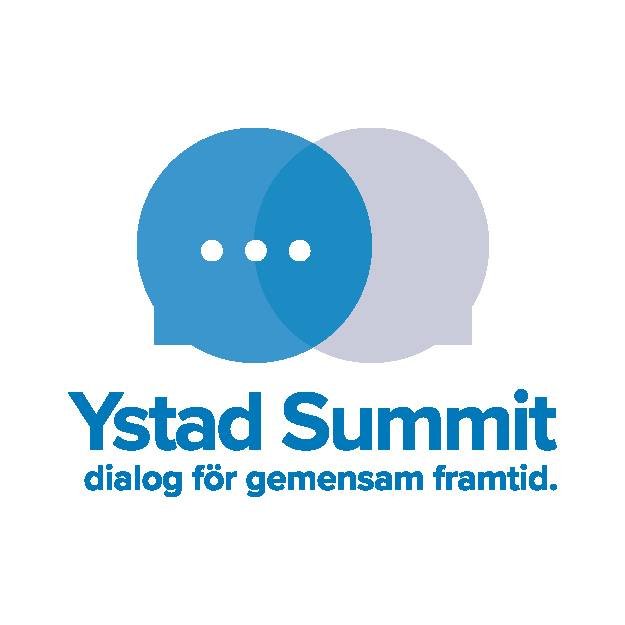
We had the pleasure of participating in two panels at Ystad Summit 2025 last week, where our Head of Research, Elisabeth Uhlig, represented Dapibuset in inspiring discussions on innovation, collaboration, and resilience.
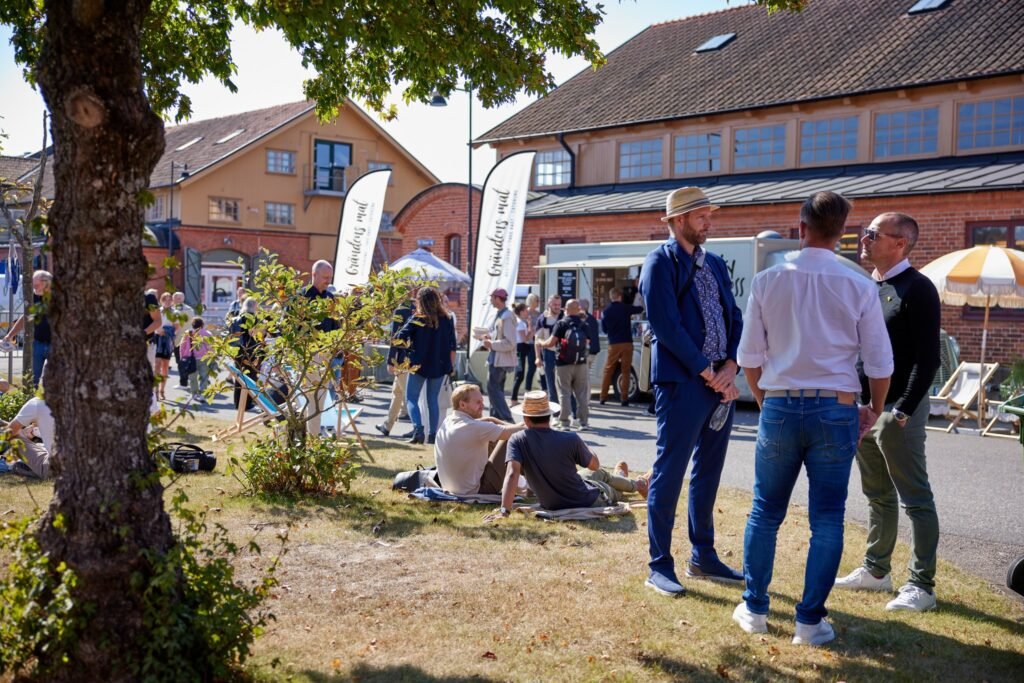
The Summit itself was a real highlight: nearly 5,000 visitors gathered over two days, under bright blue skies, in a creative setting that transformed an industrial area into a unique space for dialogue. Here, people from the non-profit sector, politics, business, and academia came together to exchange perspectives on how we can all contribute to a more democratic and sustainable society.
This year’s discussions centered on four themes: Preparedness, Green Transition, Growth and Skills Supply, and Democracy & Social Sustainability.
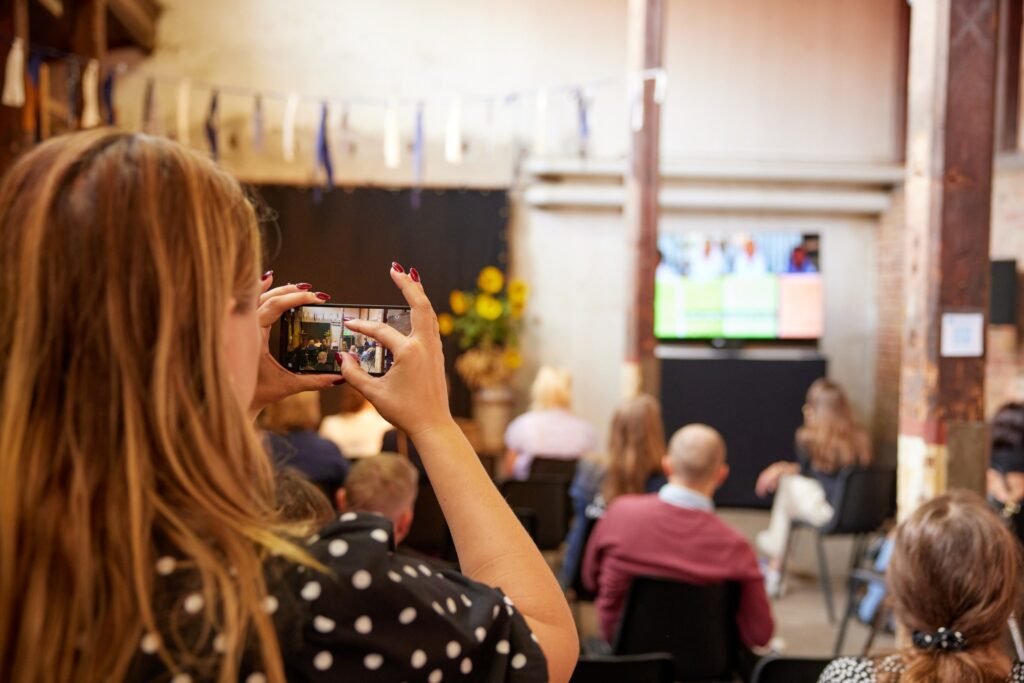
Between sunshine, good coffee, shared meals, and open conversations, the atmosphere was both relaxed and inspiring. And perhaps most inspiring of all: to see thousands of people come together around the shared ambition of building a better, more sustainable future.

A Day 1: Innovation in Skåne
On September 3, we joined the panel “Skåne leder vägen: Forskning och innovation för framtiden” (“Skåne leads the way: Research and innovation for the future”), moderated by Björn Ekelund and Anna Jähnke from FIRS (Forsknings- och utvecklingsrådet i Skåne). FIRS brings together leaders from business, academia, and municipalities with the goal of advancing Skåne’s development.
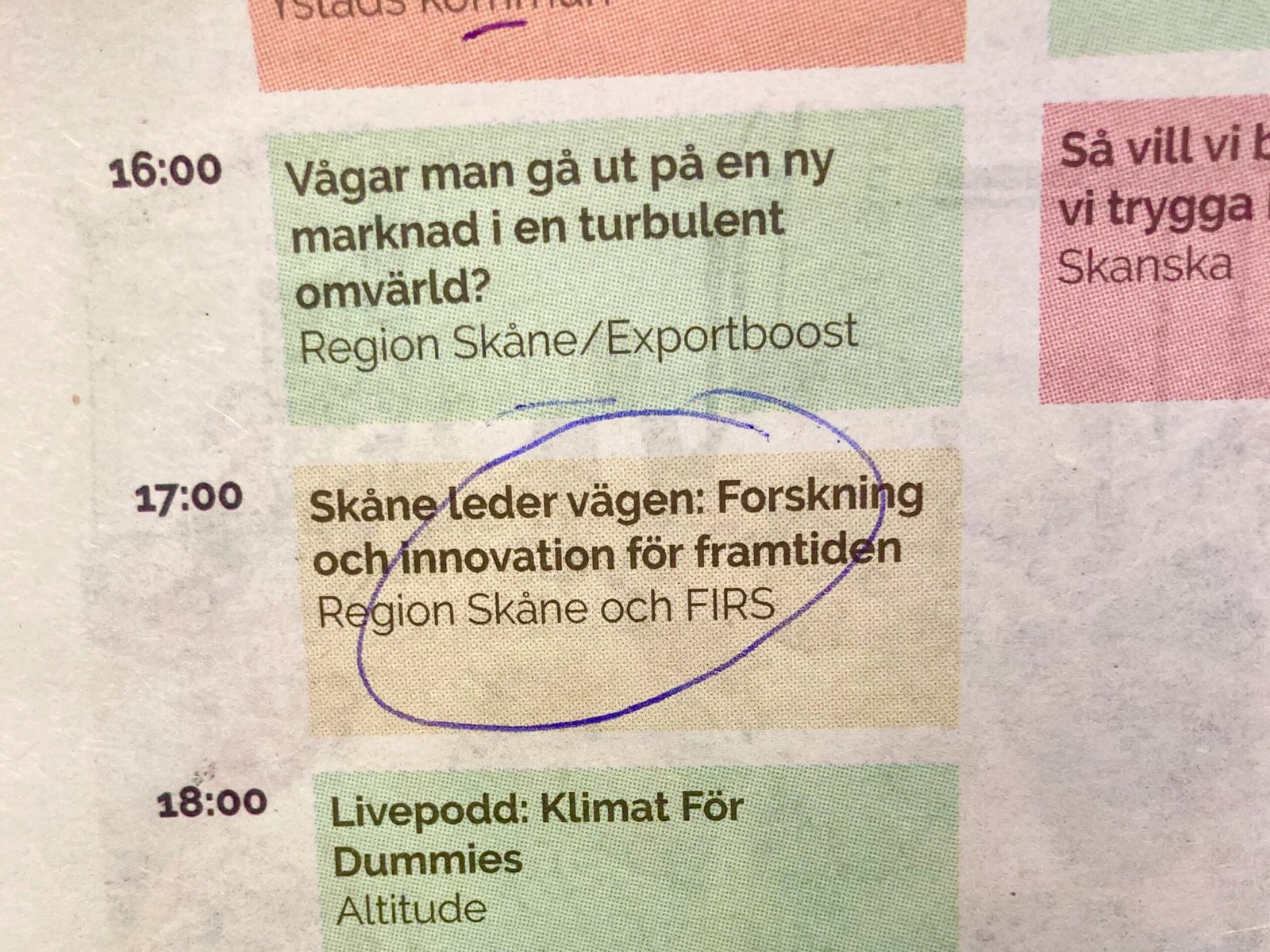
The discussion highlighted Skåne’s growing reputation as one of the Top 10 innovation hubs in Europe and invited 3 speakers to share their examples of how local innovation is addressing global challenges:
- Yvonne Lundberg Giwercman spoke about how her company Dx-4Life is advancing women’s health by improving IVF success and safety with a simple swab test.
- Elisabeth Uhlig shared how Dapibuset transforms agricultural side streams into high-quality protein produced directly on-site – reducing waste while strengthening food security.
- Heiner Linke presented how his research at Lund University in biotechnology and artificial protein design can support nanotechnology and microchip production, a field critical for Europe’s resilience.
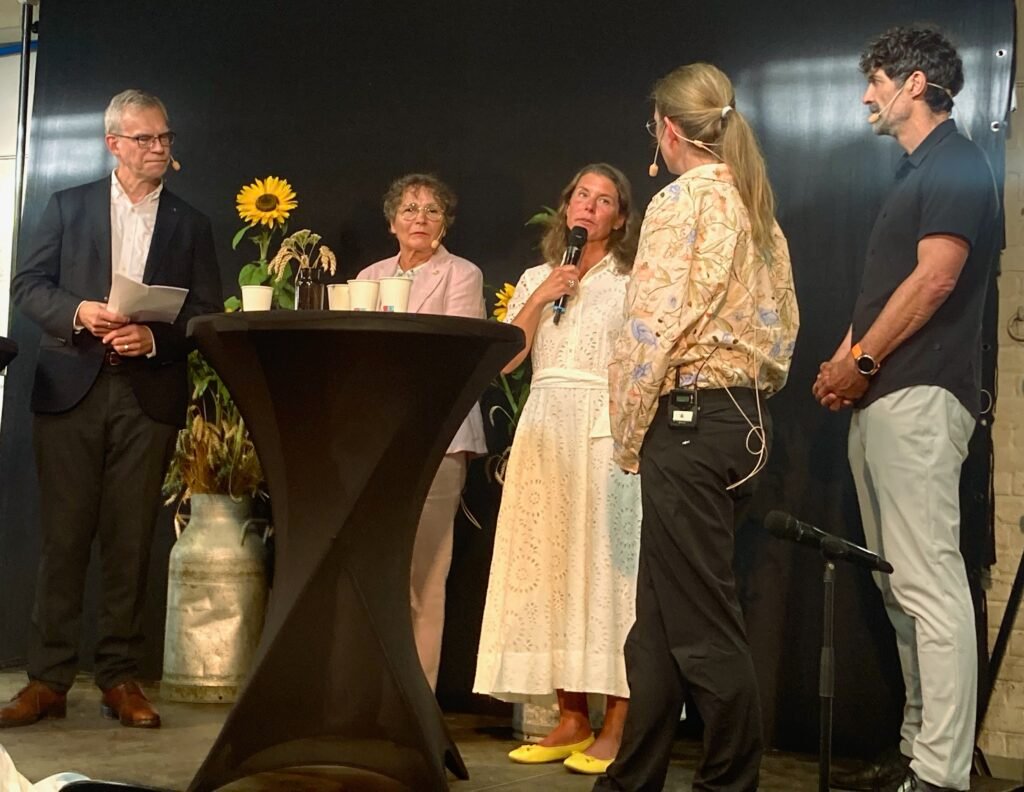
Following the individual presentations, the panelists then discussed the different barriers and needs that startups face when trying to scale their solutions in Skåne.
They highlighted several priorities: the need for EU regulations that can keep pace with innovation, faster and more flexible access to capital, stronger platforms for collaboration across sectors, and the ability to attract and retain international talent.
Day 2: Scaling Local Food Solutions
The next day built on these themes, focusing specifically on scaling sustainable food solutions. On September 4, Elisabeth once again joined the panel “Från gram till ton till marknad – Hur lokala livsmedelsidéer kan bli globala lösningar” (“From grams to tons to market – How local food ideas can become global solutions”), moderated by Emma Nordell of Biotech Heights.
Together with Alexandra Silén (Invest in Skåne) and Johan Palmgren (Berte Qvarn AB), the discussion centered on the opportunities and barriers of bringing new food products to market.
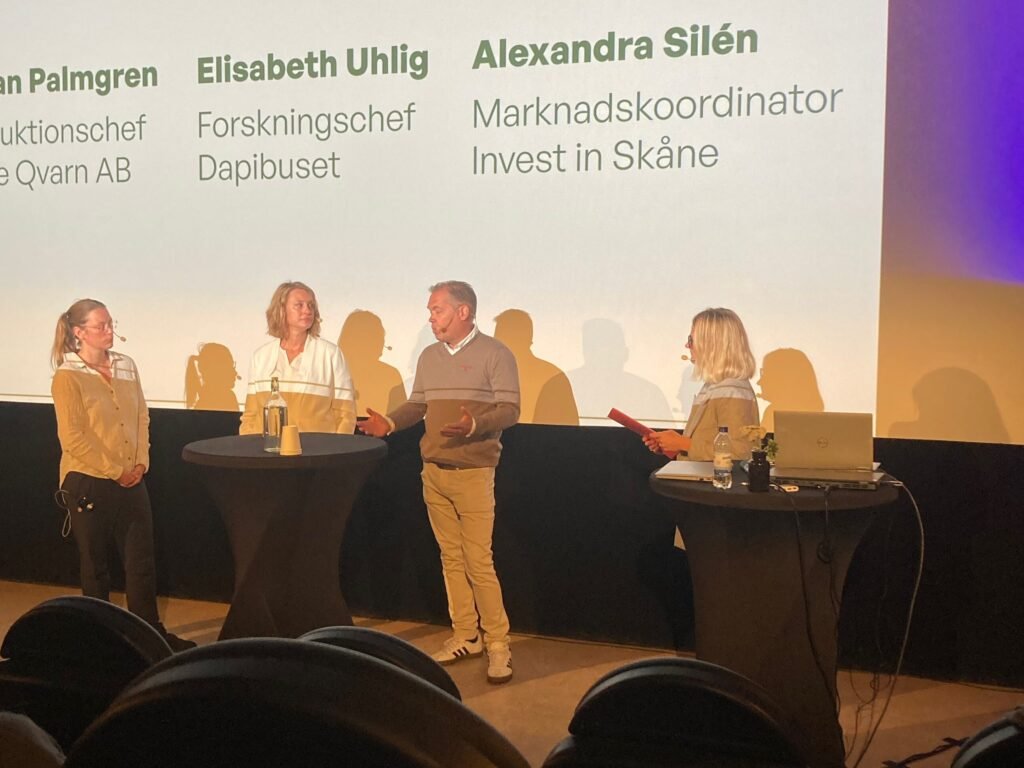
Although Sweden has enormous potential in the future foods sector—with strong biotech research, innovative and trend-conscious consumers, and a thriving startup ecosystem—bringing food innovations from the lab to the shelf remains a major challenge.
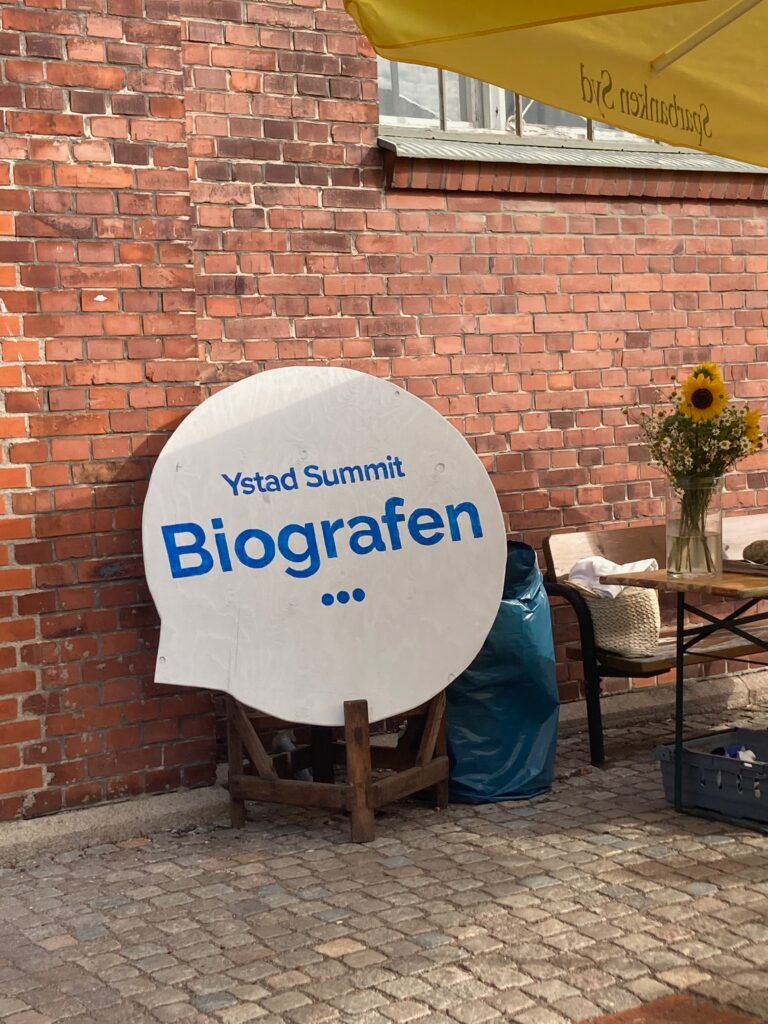
The panel echoed many of the conclusions from the previous day, highlighting recurring challenges for startups in Sweden’s food sector. Key barriers include slow-moving EU regulations that are not always adapted to new sustainable solutions, limited access to fast and flexible capital, and the difficulty of attracting and retaining international talent, including a need for government incentives to bring in and keep new skills and perspectives. Panelists also noted the challenge of connecting innovators with the right investors, including international funding, as well as the importance of educating consumers to embrace and support local innovations.
The conclusions were clear: breaking down regulatory barriers, securing early capital, and strengthening cross-sector collaboration are essential for scaling sustainable food innovations.
Thank you!
A big thank you to all the panelists and moderators for the thoughtful discussions – and to our own Elisabeth Uhlig for representing us so well. We also extend our gratitude to Ystad Summit and everyone who participated, attended, and worked behind the scenes to make the event possible.
Events like these remind us that sharing knowledge, building platforms for collaboration, and engaging across sectors are key to changing the ecosystem and creating future-proof solutions. Let’s keep working together to create a better, more sustainable future!
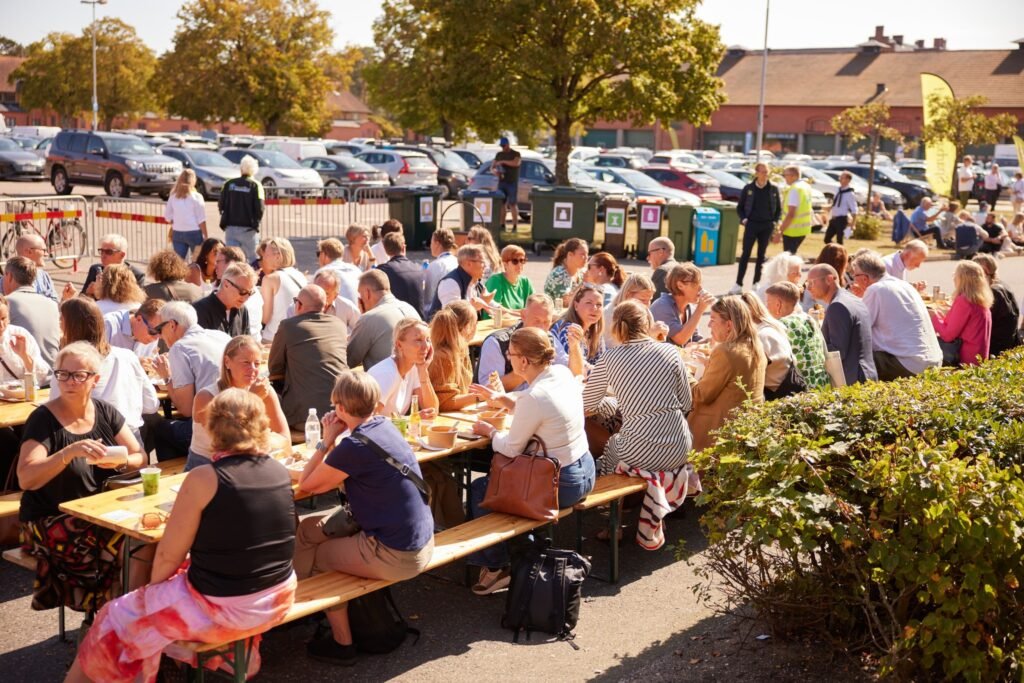
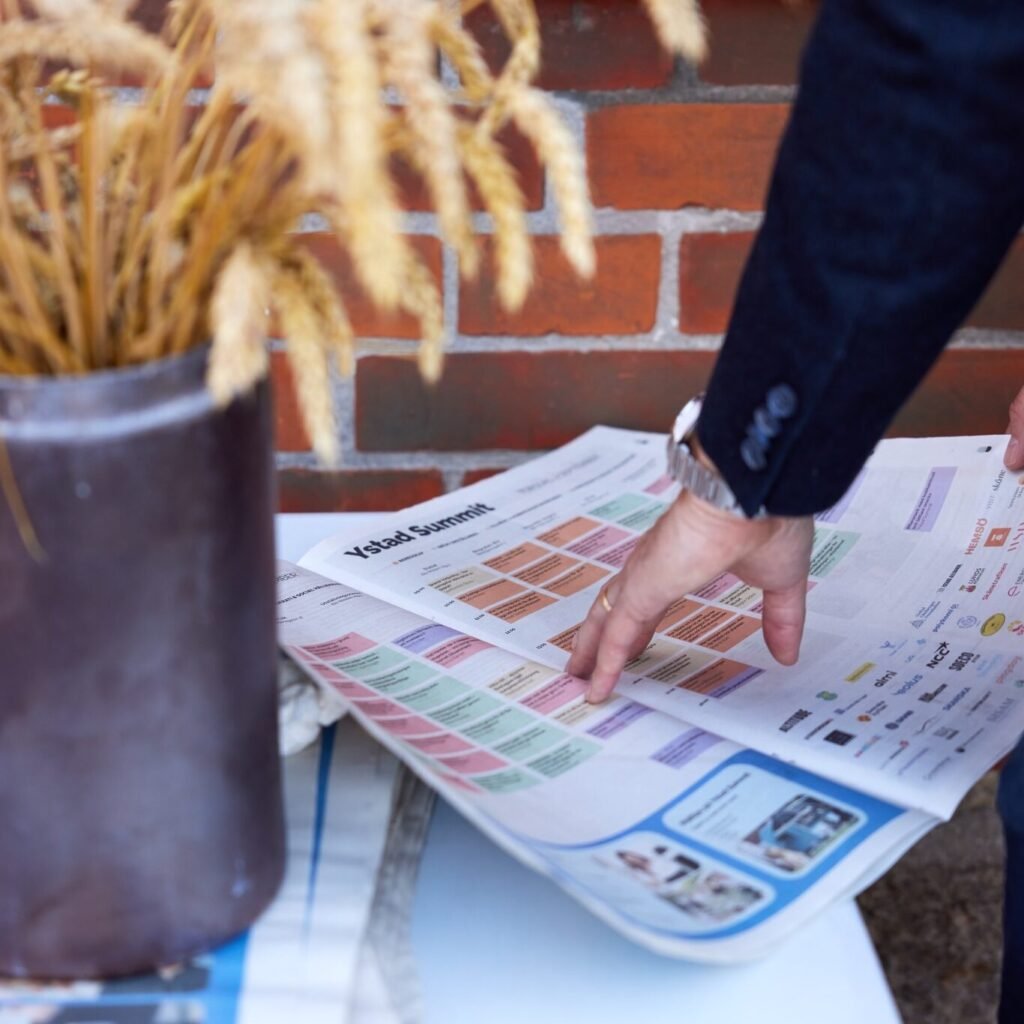
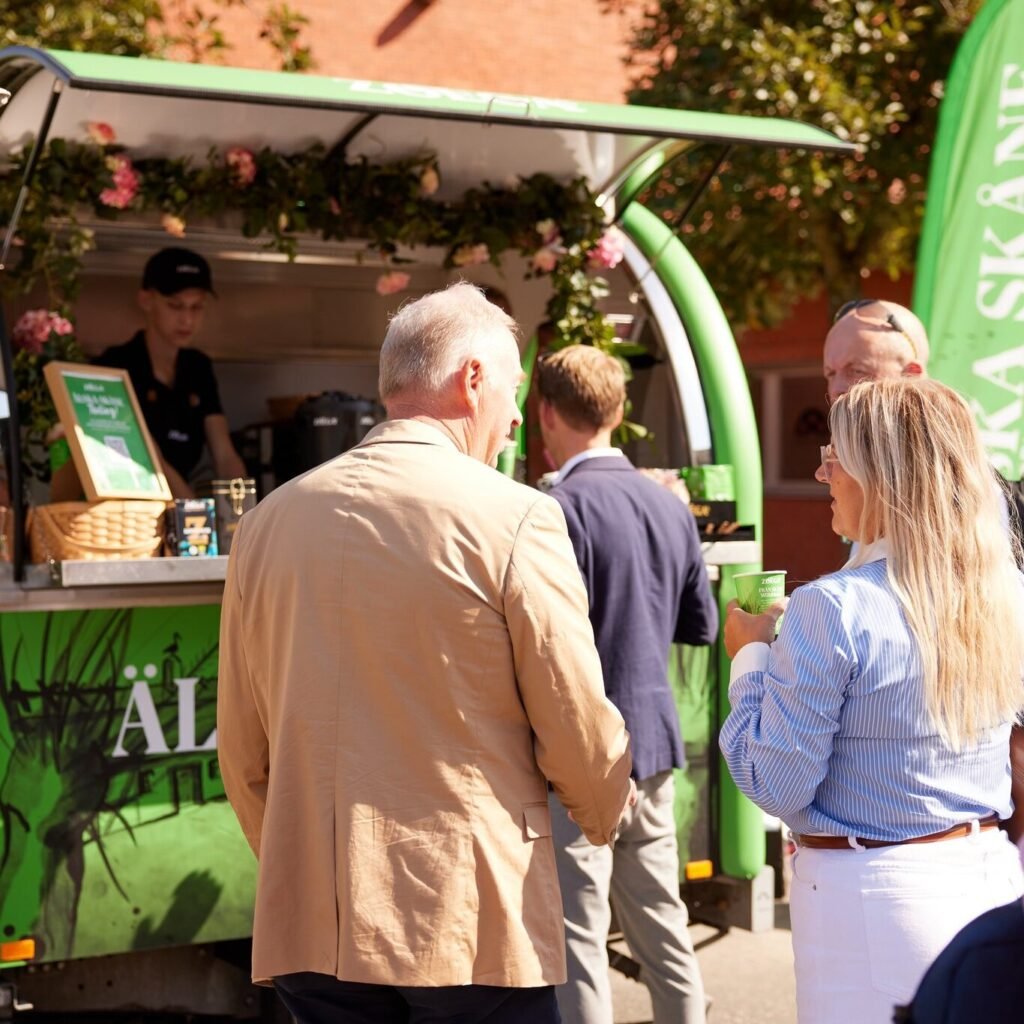
(No spam. Just real progress, when it happens.)

Leave a Reply